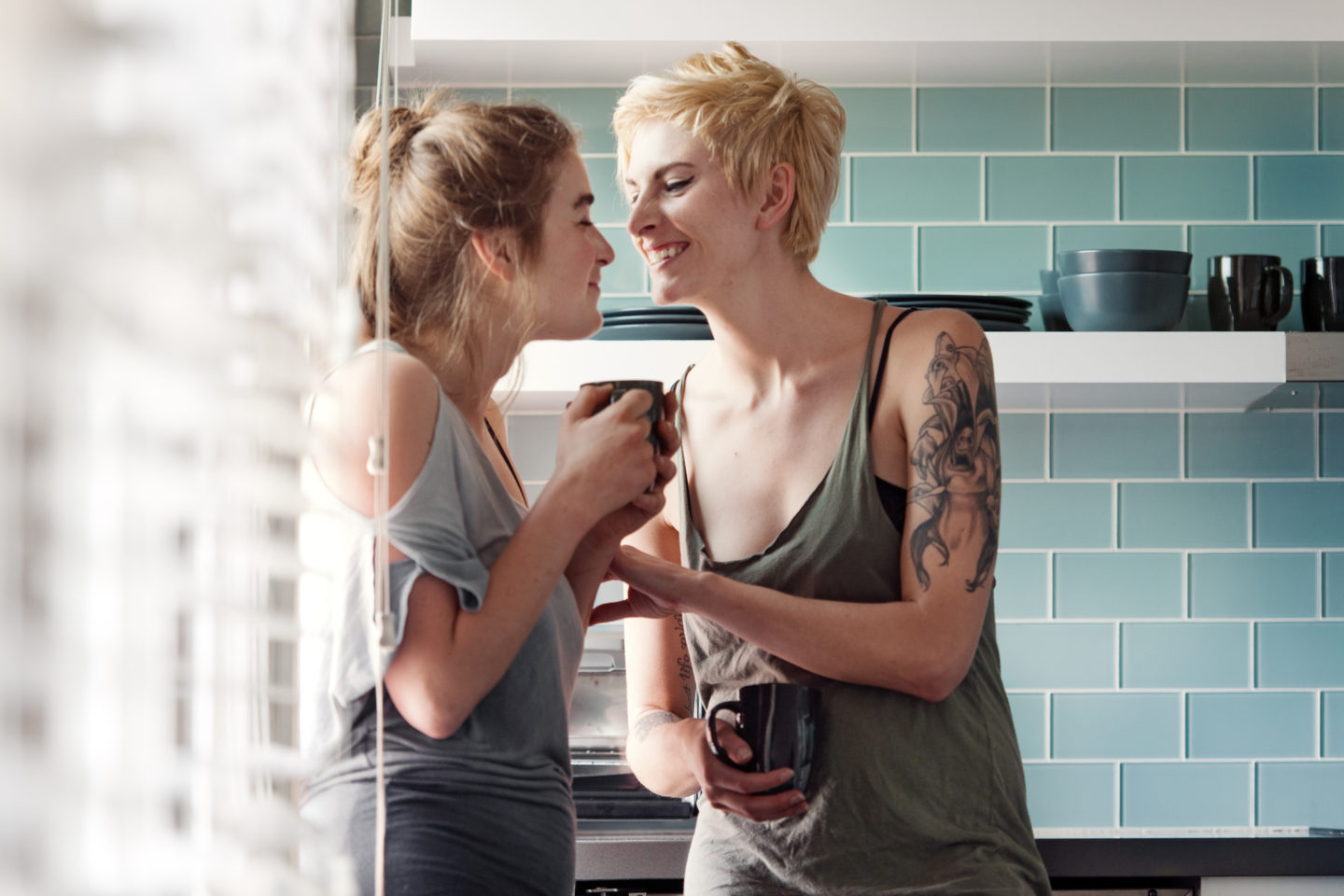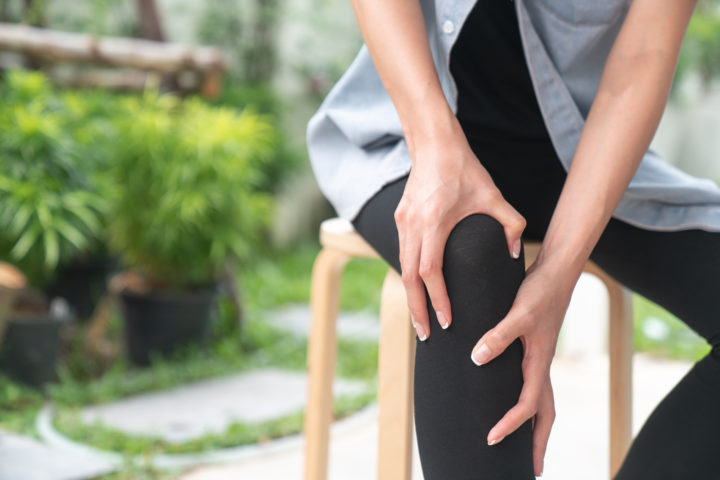I received more negativity when I discovered my true sexuality and came out for the second time.
For me, coming out was a long, arduous process. As a young girl, some part of me recognized my attraction to girls and pushed it down as deep as it could, leaving behind a lot of confusion. My teenage years were filled with a lot of exaggerated crushes on boys and a few crappy relationships with them. I went to college when I was 18 and it felt like I was in an entirely different world.
Unlike my rural small town high school where hardly anyone was out for fear of bullying, my university had LGBTQ clubs, gay night at a local bar, and Pride signs in the student union. When I saw couples holding hands as they walked to class, I simultaneously felt fear and relief. A few times I was caught staring at them too long and the couple would smile or nod at me, recognizing in me something I spent years denying to myself.
The freedom I felt at college allowed me to grow and mature to the point where I could admit to myself that I, despite years of assertions, wasn’t straight. Regardless of the realization that I liked women and was attracted to femininity, the realization that I didn’t like men took a lot longer. We still live in a heteronormative society in which women are supposed to be attracted to men. Many queer women are and that is perfectly valid, but I wasn’t one of them.
I came out to my friends and brother as bisexual when I was a sophomore. It actually went a lot better than I’d been expecting and gave me the confidence to begin exploring my new sexuality and the LGBTQ community. I made a bunch of new friends when I joined the campus LGBTQ group and even briefly had my first girlfriend.
A few years passed and suddenly I found myself questioning my sexuality again. By this point, I was living with family in a new town. I sank into a depression for a while, isolating myself, before I was eventually able to get through it. Despite my chronic illness, I worked a string of jobs that were way too hard on my body. During this time, I didn’t really think about dating much, though I would sometimes get little crushes on women I worked with.
Sometime during this, I realized that I hadn’t gotten a crush on a guy in a long time. Years. I thought back on my past interactions with men, ones I dated, ones I claimed to have feelings for, and realized it all felt very superficial to me. Like I had right before I came out as bi, I got on the internet and did some research. I read message boards of women that found out they were lesbians after identifying as bisexual and saw a lot of parallels to what they went through and my own experiences. I chatted with a few people on Tumblr who were also questioning their sexuality for a second time. Again and again, the answers I sought informed me that while I may have liked the idea of having a boyfriend, I didn’t actually like having a boyfriend. Having a boyfriend meant that someone found me interesting enough to want to date me. It made me feel good about myself. It was also easier to date men because it’s what society expects of women. Nobody questions a woman dating a man. When I was a few years younger with horrible self-esteem, that was unknowingly very important to me.
I came out again. Like before, my close friends and family were pretty supportive. I was feeling pretty good about coming out and about myself until an ex-boyfriend messaged me after years of radio silence. I think he wanted to hook up with me, but when I told him that I wasn’t interested because I’d realized I was a lesbian since dating him, he didn’t take it well. He told me that I’d lead him on when we dated despite the fact that he’d broken up with me, that I was a liar. He also questioned how I ever had sex with him if I didn’t like men. When I tried to explain that I hadn’t figured it out yet when we were still dating, he blew it off. I tried to tell him that I hadn’t really been as into having sex with him as he thought. That made him really angry with me, and I had to cease contact.
While I was really upset by this interaction, I brushed it off as a straight man so wrapped up in his own masculinity that he couldn’t see that me coming out as a lesbian wasn’t about him. I tried to brush it off, but then I had a similar experience when I caught up with friend from college. As far as I know, she was the only other out bisexual woman in our school’s LGBTQ group and we used to talk about the struggles of being bisexual in both the queer and straight worlds.
She didn’t say so in as many words, but I could tell that my coming out as a lesbian really bothered her. When I asked her about it, she made a joke about why I would give up “having the best of both worlds.” I pressed her about why my sexuality would bother her and she told me that it was hard being an out and proud bisexual woman and it felt like I’d betrayed that.
She was right, it was hard being an out and proud bisexual woman, but that wasn’t me. Our friendship fell apart after that and we’ve hardly talked since then.
There were few more minor instances of people expressing negativity about me coming out again. At the time, I didn’t understand it, but since then I’ve figured out that some people have trouble wrapping their heads around the fact that sexuality, and people, can change. I think it is part of the reason some folks have such a difficult time understanding sexual fluidity. While I don’t think I’m sexually fluid, the way I identified did change, thus changing the way people see me. Sexuality is still seen as very binary, where people are either gay, bisexual, or straight and they always just know what they are. If someone hasn’t had their identity adapt or change, they likely have difficulty understanding the experience.
Our understanding of sexuality is continually evolving. Hopefully that means people’s compassion for sexuality continues to evolve too. Whatever you identify as and whether that identity changes over time or you discover your true identity, it is valid.




comments